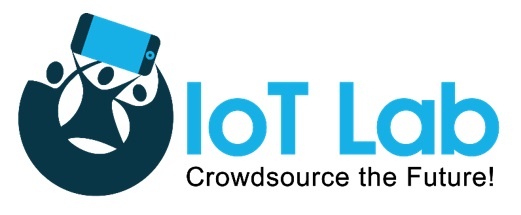International Research
Mandat International is actively supporting international research projects, including as coordinator and research partner in areas such as:
- ICT research: Internet of Things, Artificial Intelligence, IPv6, 5G, etc.
- Sustainable Development: smart cities, smart water management, environmental impact studies, etc.
- Privacy and data protection: GDPR, cybersecurity, data protection impact assessment, etc.
- Data analytics and data spaces: data interoperability, open APIs, open science, etc.
- Research infrastructures: testbed federation, testbed as a service, conformance, interop and performance tests, etc.
Discover some of our past and recent research projects
Our support and contribution to research projects
Our multidisciplinary team of researchers can support projects with a comprehensive set of expertise, including:
- Data protection and regulatory compliance with European regulations (GDPR, NIS, ePrivacy, AIA, MDR, etc.) and international norms. It also brings expertise in data protection impact assessment and privacy by design technology development.
- Open Science, data management and curation, including FAIR and Open Science principles in line with the UNESCO declaration principles for open science. We provide our own CKAN open data servers infrastructure connected to EOSC, and we are used to lead Data Management Plans.
- Citizen science, co-creation and privacy-by-design end-user validation with innovative cocreation methodologies and tools to engage with end-users in a fully privacy by design manner.
- Sustainable development, SDG and impact assessment with specialized methodologies. Thanks to its special consultative status to the UN, our foundation can serve as an interface between projects and the international agenda for sustainable development.
- Standardization: Our team is actively engaged in international standardization with experience at ITU, ISO, IEC, ETSI, OGC, IETF, IEEE, W3C and TM Forum. We have served as Rapporteur at the ITU on research and emerging technologies and have led the development of several new international standards. We are used to coordinate and lead standardization strategies for research projects.
- International outreach and communication: Our team is used in leading outreach and communication for research projects, including through international conferences such as IoT Week, Digital Around the World, Global IoT Summit, and Privacy Symposium, for which we play a central role in the organizing. We can also leverage our role in various international fora and our consultative status to the UN to disseminate research results globally. We also support the plans for dissemination, communication, standardization, and exploitation.
- Internet of Things and multi-protocol interoperability: Our team has strong expertise in IoT multi-protocol integration, with over 50 IoT standards and communication protocols.
Research Projects

SLICES-SC aims at building a community of researchers and industry interested in accessing a European research infrastructure for ICT. Mandat International is in charge of the data protection and standardization strategy.

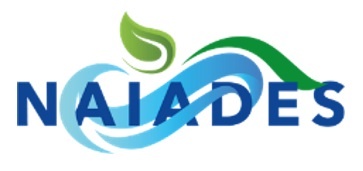

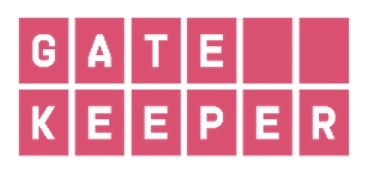

PLATOON leverages on artificial intelligence to optimize smart grid and energy distribution in complex environments of prosumers. Mandat International led the legal and ethical compliance, as well as the standardization activities.
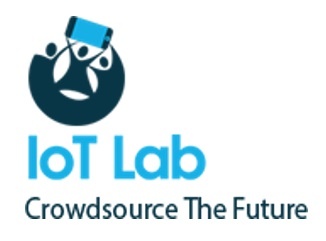

SynchroniCity is the European large-scale pilot on IoT for smart cities that brought together European and international cities, such as Milan, Helsinki, Manchester, Porto, Eindhoven, Santander, Bordeaux, Carouge. It developed a reference architecture for smart city deployments. Mandat International led the data protection policy and the standardization of the open API at the ITU. It led also integration with the Urban Platform of the European Innovation Partnership on Smart Cities and Communities (EIP-SCC).
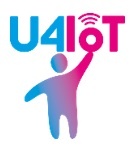
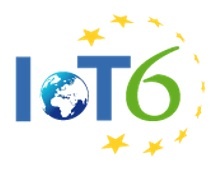
IoT6 aimed at exploiting the potential of IPv6 and related standards for the future Internet of Things, researches, designs and developed a highly scalable IPv6-based Service-Oriented Architecture to achieve interoperability, mobility, cloud computing integration with Software as a Service (SaaS) and intelligence distribution among heterogeneous smart things components, applications and services. IoT6 project was coordinated by Mandat International.
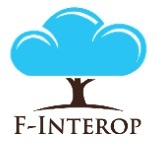
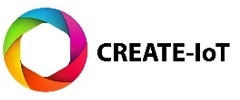
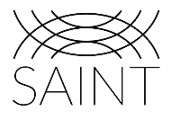

ANASTACIA researched and developed a holistic security framework using artificial intelligence to secure IoT deployments and all phases of the ICT Systems Development Life cycle. Mandat International led the development of the Dynamic Security and Privacy Seal.

5G!Pagoda (with partners such as Orange and KDDI) brought together European and Japanese industries and researchers to develop a framework for dynamic network slicing management and orchestration in 5G and future cellular networks. Mandat International led the extension of the network slicing to IoT at the edge, the standardization and the market analysis.


EXCITING aimed at supporting the creation of favourable conditions for research cooperation between the European and Chinese research and innovation ecosystems with a focus on Internet of Things (IoT) and 5G.
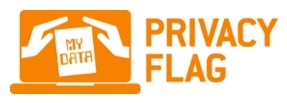
Privacy Flag researched innovative approach to support and certify personal data protection compliance with the European General Data Protection Regulation.

IoT Lab
IoT Lab is an international collaborative lab born in the European research community as a not-for-profit organization with the support of Mandat International. Its three main ambitions are:
- To support international cooperation in the research domain by developing a joint research infrastructure enabling researchers from diverse organizations to work together.
- To support the development of an international research infrastructure in Europe and beyond.
- To support research and technology transfer to international standardisation, the UN and the industry.
IoT Lab aims to bridge the gap between the research community and the society and industry needs. It gives access to state-of-the-art expertise and solutions to solve industry and public administrations challenges. IoT Lab’s solutions focus mainly on city and industrial challenges and aim at maximizing economic efficiency and return of investment by leveraging on the latest technologies, and by ensuring interoperability, scalability, security and privacy.
IoT Lab is also a key partner of the SLICES European research infrastructure with remote access to over 40 testbeds and research infrastructures.
Find more about IoT Lab at https://www.iotlab.com/en
